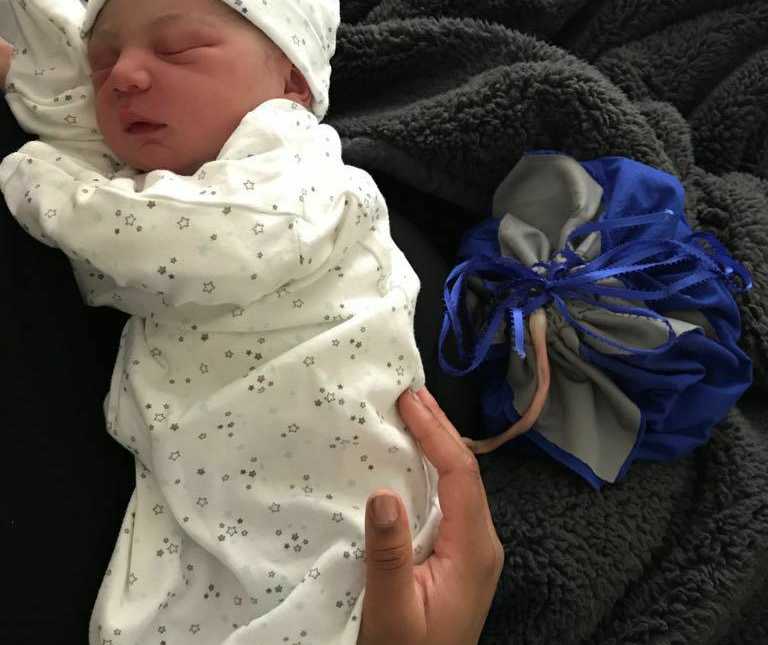Lotus birth is a term coined for an unusual practice of birthing the baby and not detaching the placenta until the umbilical cord does it on its own. While it is attached to the baby, it is covered in a clean fabric.
This cord grows during pregnancy and is responsible for providing oxygen and many nutrients from the mother to the baby. After the baby takes birth, if the parents want to let the cord disconnect itself, they need to treat the placenta with some specific herbs, for example, lavender, rosemary, and salts. These herbs smoothen the process of placenta drying out and they also help in decreasing the odor.
This practice raises many doubts in several parents’ minds and no adequate research has been done on the efficacy of this practice. That is why some parents prefer to go for the traditional practice of cutting the cord after a couple of minutes the infant is born.

Lotus Birth: Reasons
Some people choose to keep the umbilical cord intact till it falls off independently as they do not view the placenta as a medical-by product but they consider it an important part of the baby’s body as it belongs to the baby since before birth. Also, a section of people links this tendency with spiritual or ritualistic practice and they think that this natural process should not be intervened by humans as doing this may lead to psychological trauma in the infant.
Lotus Birth: Possible pros
Potential Risks associated with Lotus Birth
Parents must be aware of any possible peril that can come with lotus birth. According to a case that was reported after the lotus birth, the baby experienced a persistent complication of jaundice that was led by idiopathic neonatal hepatitis. Till now, it is the only case that has been registered. Fortunately, the infant recovered without any further health problems.
You need to know that the placenta remains a dead tissue after the blood circulation stops. This dead tissue can lead to some complications as dead tissue can be a breeding room for infectious bacteria. And if the infected placenta is kept attached to the baby, the baby can be at risk of catching the potential risk of infection.
Should you choose lotus birth for your baby?
If you ever choose to have your baby with this method, you must proceed with caution as scientifically, not much evidence are present to support this uncommon practice. Our advice would be, do not go for this practice without the proper guidance of health practitioners. If parents really want to opt for this practice keeping in mind the potential benefits of it, they should take an expert’s advice and make sure that it is planned in a safe manner under the supervision of the doctor. Never ever attempt to cut the cord on your own and never let any unprofessional do this.
Ask your doctor these questions before the lotus birth of your baby:
- What are the mild signs of infection?
- Since the cord is attached to the baby, what is the appropriate way to carry the baby?
- What is the best way to treat the placenta while it is not detached?
- How would you ensure the safety of the cord and the baby?
- Is the doctor an experienced one with this uncommon birthing style?
If you set your heart on lotus birth, be careful while taking care of the placenta. You need to be cautious enough and do not let anybody tug or pull on the cord otherwise the baby can face some health issues. Make sure the clothing your child is wearing has an opening around the umbilical cord. Also, do not ignore any signs of the impending infection.
You must look for medical attention for your baby if the baby encounters redness or swelling near the umbilical cord. Other than that, if your baby gets sick after lotus birth, that can be the reason for concern.
